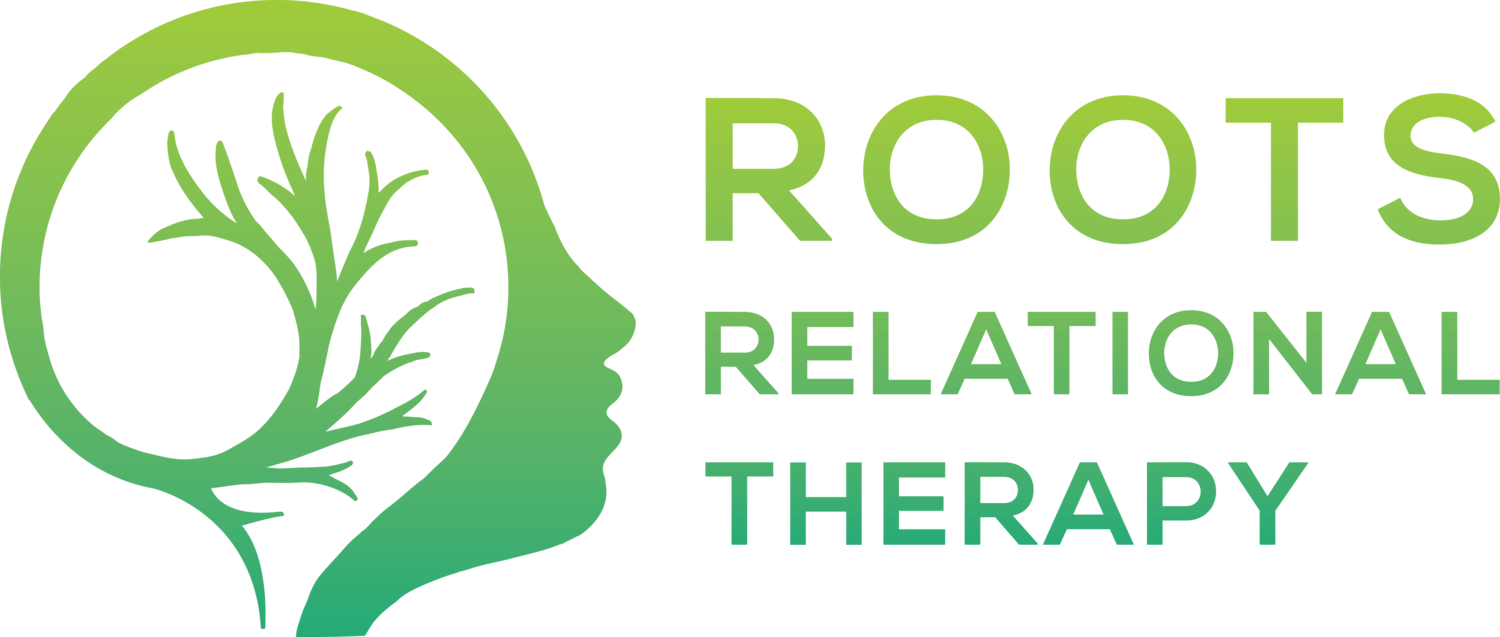What is Trust, Exactly?
What is “trust”, exactly?
When you look up the definition of “trust”, you may notice it isn’t very clear or satisfying.
When we use it in context and ask, “do you trust your partner?”, people typically interpret that as a question of whether you think they would cheat on you. When someone asks, “do you trust so-and-so?”, people usually take that as a question of whether you expect them to betray you in some way.
Trust is actually much more profound of a concept than most people realize. I’m here with a simple, practical definition, that may refine your list of who you trust.
The Best Definition of Trust
Trust is knowing someone will act in our best interest, and feeling that so deeply, that we actively depend on it.
Trust means we have identified this person as an extension of ourselves, where there is no significant difference between our best interest and their best interest. Because trust isn’t just a noun or a feeling we have towards someone. Trust is a verb; something we do and others do towards us.
How to Know You Don’t Trust Someone
Take a moment and think about the people in your life that you trust…Do they qualify under this definition?
When we trust someone, we don’t hide our thoughts, feelings, wants and needs from them. We know it’s safe to bring things to them, so much so, that we can rely on them to try to understand us and support our wellbeing.
If you notice yourself holding back your thoughts, feelings, wants and needs, you do not trust that person.
If you notice a pattern of trust being a problem in your relationships, it only comes down to three things:
#1 You Put Your Trust in Untrustworthy People
The problem with trust, is there’s no way to know if we can trust someone until they have the opportunity to act against our best interest, and choose not to. Hindsight is 20/20, and we don’t always see people clearly right away. You may make the mistake of giving your trust to people who haven’t earned it, or to someone who preys on the naivety of others.
Furthermore, there’s nuance between trustworthy and untrustworthy people. Someone might be trustworthy in one area of our life, but not in others. We may trust our hairstylist with our hair, but not with our taxes. That is appropriate!
It’s not always that someone is unworthy of trust based on their character, but they are unworthy of trust in their capacity. They aren’t necessarily malicious, but they are incompetent.
#2 You Have Trust Issues, Where You Don’t Trust Anyone
In reference to having trust issues, so many people “trust” others only in theory. They “feel” like they trust someone, but don’t rely on it. They probably trusted someone else in the past, and it led to pain.
They no longer allow themselves the opportunity to be vulnerable enough to actually trust someone, and risk getting hurt. Trust issues distort our perception of people individually, and lump everyone into the category of a potential threat, rather than a potential resource.
However, there are consequences to this defense mechanism. It makes us functionally alone, with no deep connections, and no opportunity to ever be known and loved by others.
#3 You Believe You’re a Burden
If deep down you believe your emotions and needs are a burden, the idea of trust and relying on others is completely off the table.
This has the same consequences as having trust issues, with the added pizazz of shame. At some point in your life, most likely in childhood, you learned others matter more than you, so your best interests are irrelevant.
The belief that you’re a burden equates trust with putting a grievance on someone. Therefore, you are stuck in the identity of someone who gives but never receives. Ironically, over time, other people become burdens to you, because you refuse to allow them to reciprocate.
Where Can I Find More Help?
If you’re struggling with mixed emotions and want to develop healthy relationship skills — therapy can be a great resource for you!
Maybe you aren’t fully ready for therapy yet — That’s okay too! Click the button below to subscribe to my YouTube Channel, Tips from a Therapist, where I offer some of my best tips on how to improve your relationship with yourself and other people.
If you found this helpful, share it with a friend!
The more you know, the more you grow!
